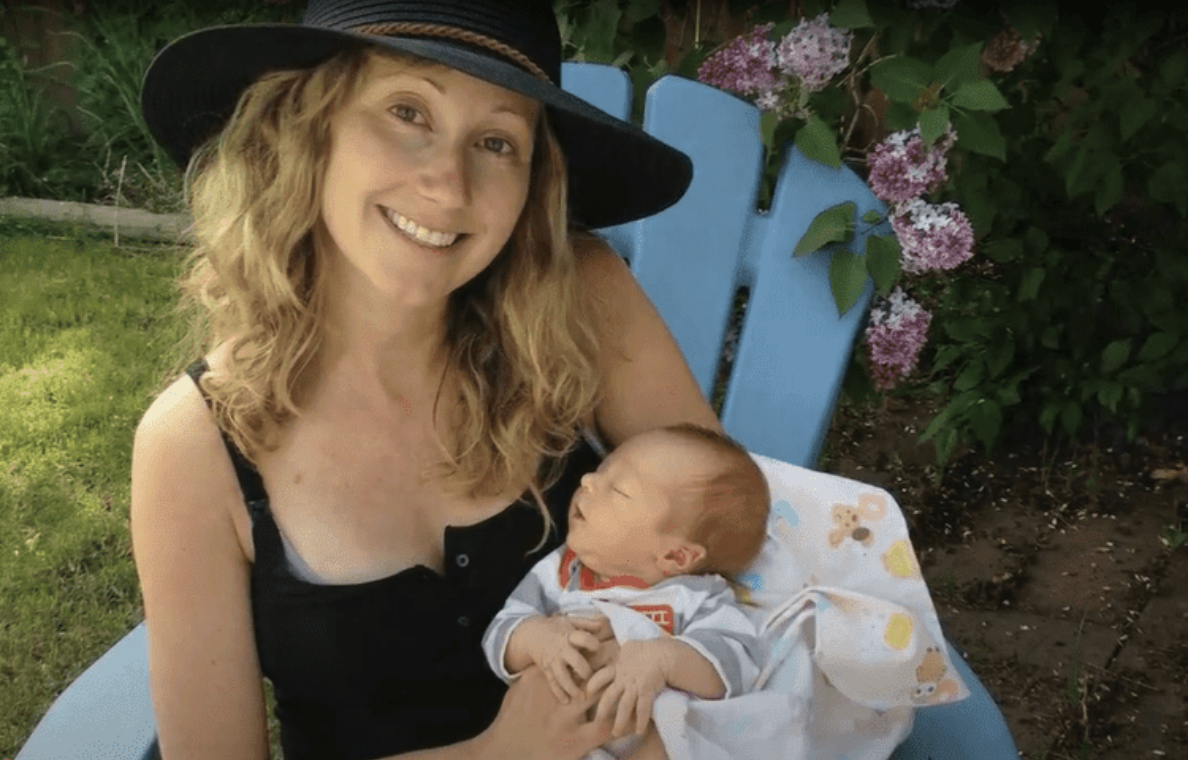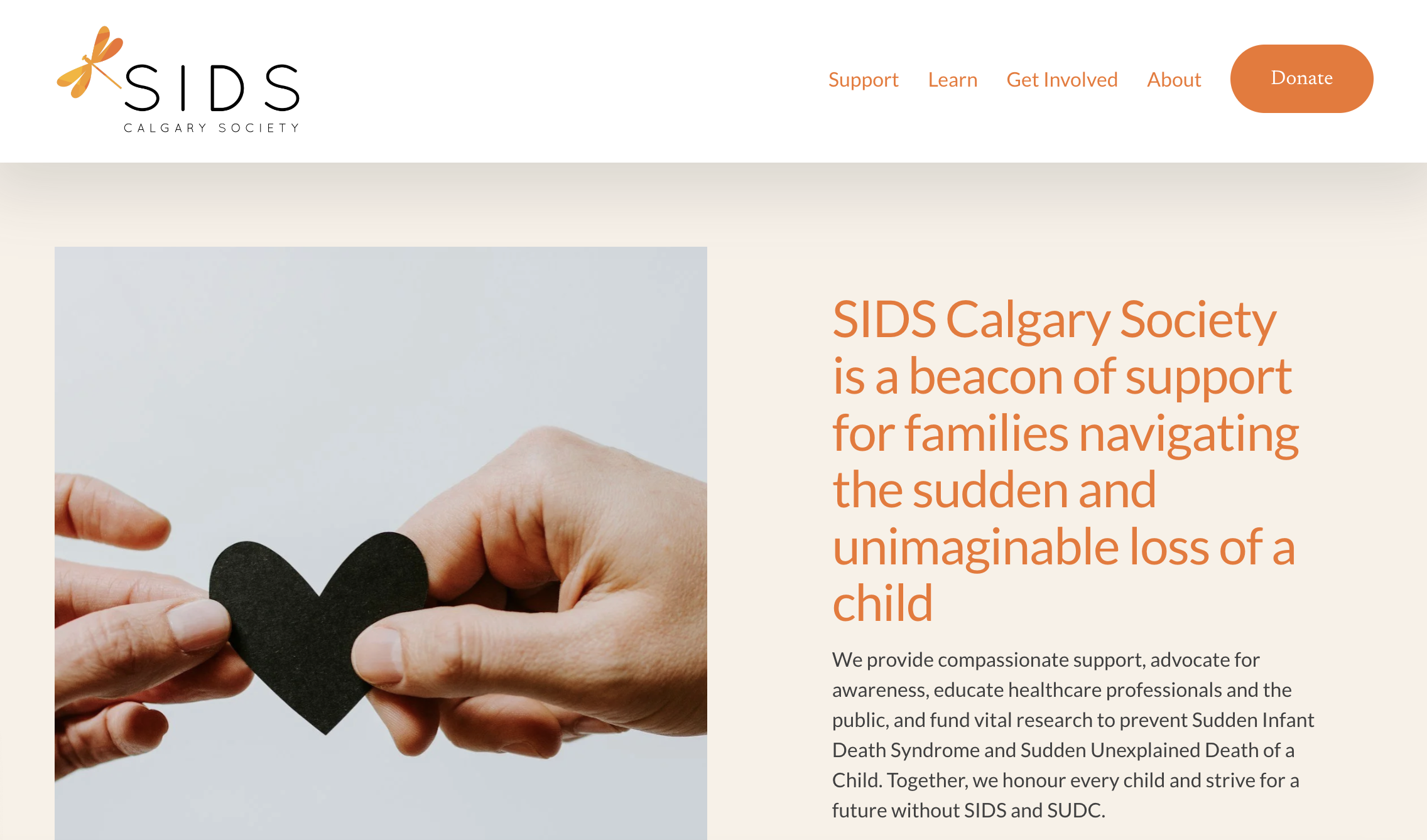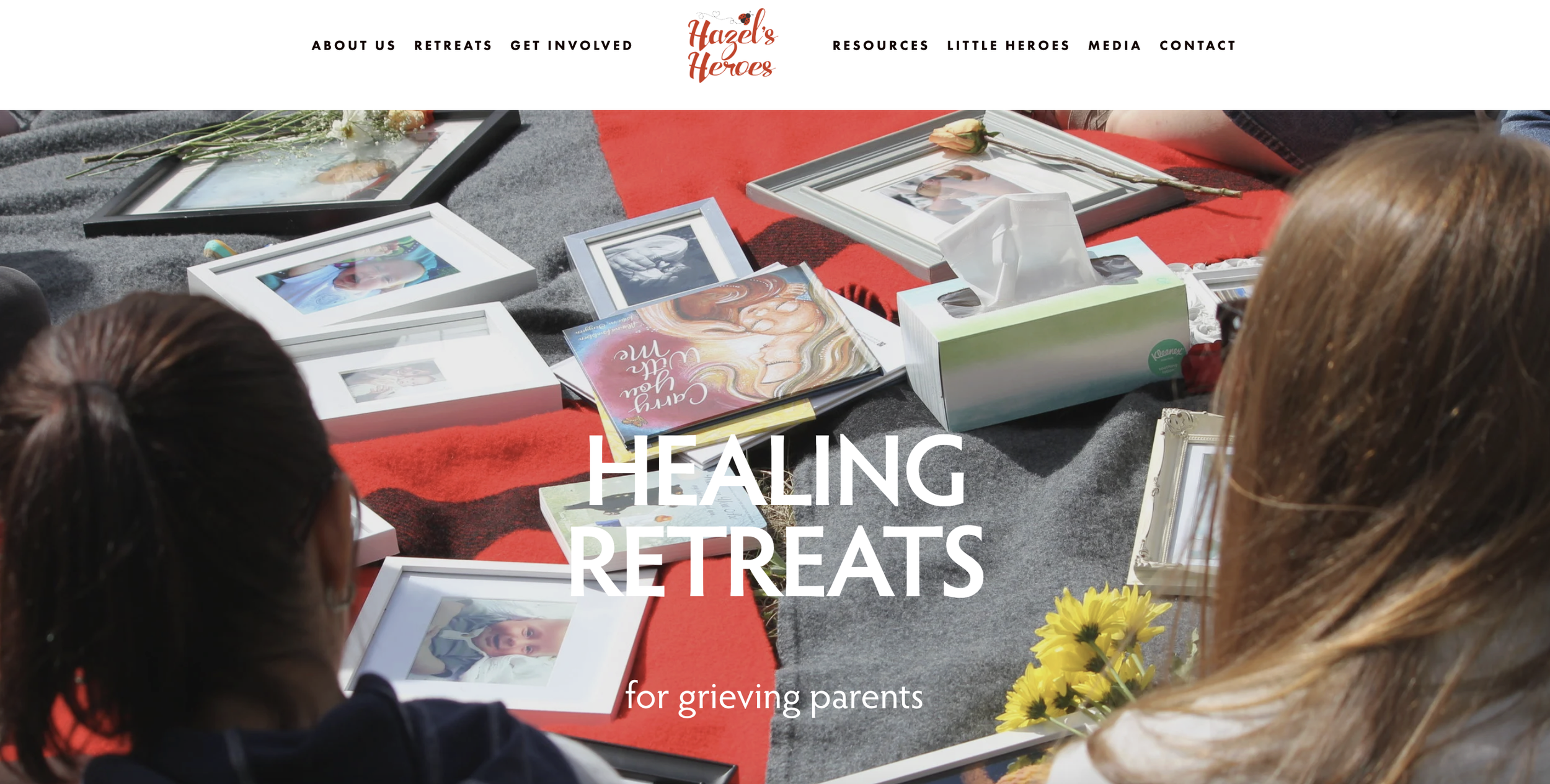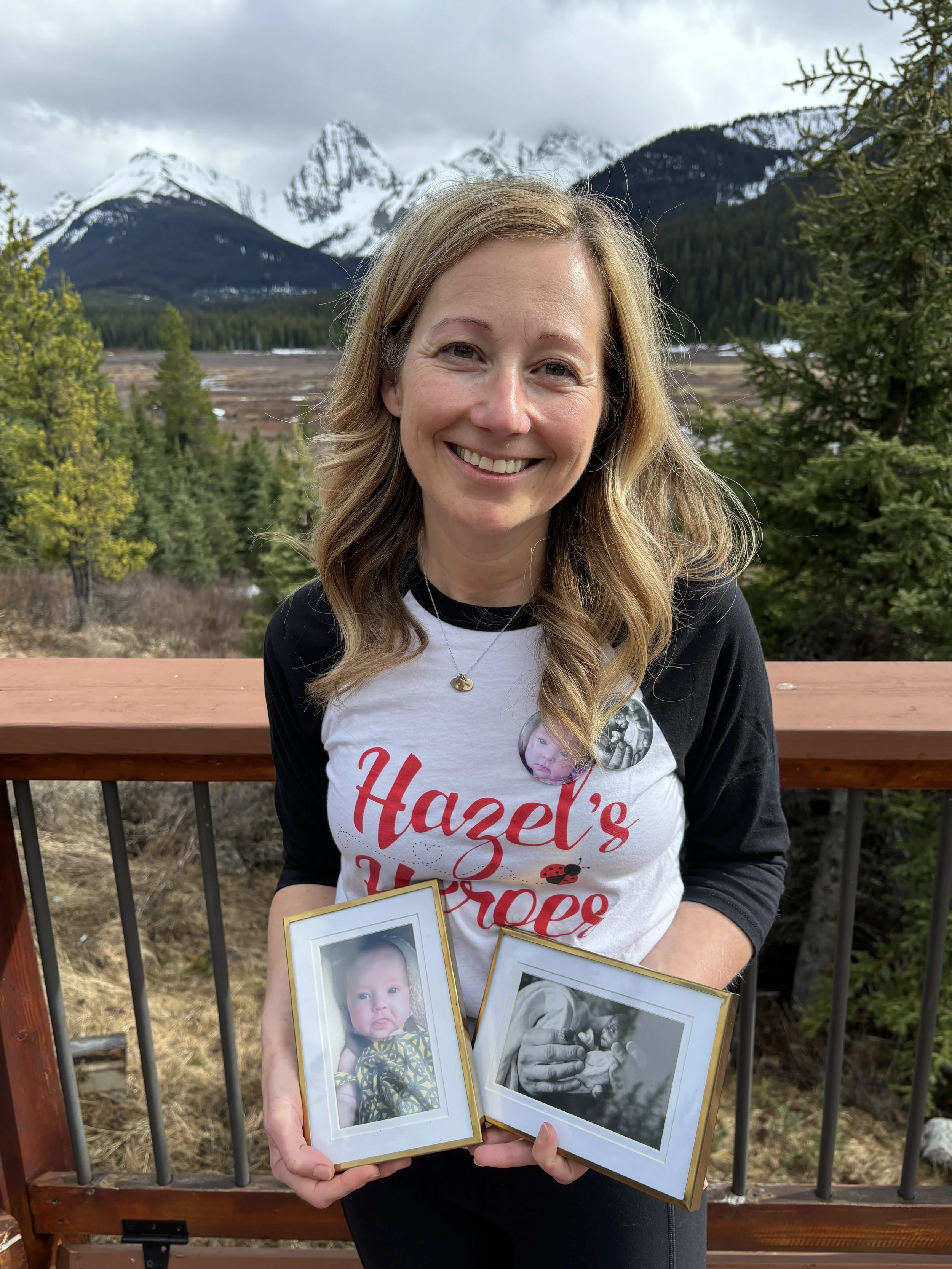From Grief to Community: Crafting Meaning After Loss
Grief often arrives without language, stealing both breath and words. That’s why digital storytelling can feel like a handrail in the dark: a short, crafted film pairing voice, images, and music to hold a moment that’s too heavy to carry alone. In this conversation, we explore how a mother, Gillian Hatto, faced the sudden death of her infant Hazel and later the loss of Lily, then found connection through SIDS Calgary Society and ultimately founded Hazel’s Heroes, a nonprofit retreat for bereaved parents. Her path reveals how storytelling frameworks, trauma-informed facilitation, and peer support create a gentle structure where sorrow can be witnessed, validated, and transformed into service. The episode also clarifies the evolving language around SIDS and undetermined causes, a shift that risks erasing awareness unless advocates keep information alive for new parents.
Watch Gillian’s Story here
Hazel’s Heroes began as a scared question: would anyone come if a space existed for parents who lost children? The answer bloomed into an annual Alberta retreat offered free of charge with SIDS Calgary’s support, a place where isolation loosens and shared language emerges. Retreats like this work because they combine ritual, peer mentorship, and choice. Participants step in with their own timelines—some months after loss, others years later—and find practices for honouring children, navigating anniversaries, and surviving ordinary days. Gillian speaks to the delicate balance of carrying grief and joy at once, the slow return of small pleasures like singing along in the car. In bereavement care, those seemingly tiny milestones are clinical markers of integration, evidence that the nervous system is relearning safety without abandoning love for the child who died.
Learn more about SIDS Calgary Society here
The digital storytelling workshop added a second layer of healing: craft. With a facilitator guiding script drafts, story circles, and visual editing, each participant shaped a two-to-four minute film. Constraints can be liberating; a clear theme, a turning point, and purposeful images allow storytellers to focus on the most essential truth. The group’s feedback was invitational rather than critical, surfacing vivid details that the writer may have overlooked. This mirrors best practices in narrative medicine—listening for resonance, reflecting language back, and honoring the teller’s authority. The final screening became a communal rite, tears and smiles mingling as each mother saw her experience respected on screen and framed as legacy, not just loss.
Check out Hazel’s Heroes website here
A vital takeaway is how these stories travel. Some remain within small circles; others live on nonprofit websites, newsletters, or YouTube, where they become advocacy tools for SIDS and SUDC awareness. A caregiver can play a film to begin a hard conversation; a clinician can share it during training to build empathy; a friend can finally understand what words alone could not convey. Gillian’s digital story now helps explain the purpose behind Hazel’s Heroes, making the why visible in three accessible minutes. When organizations embed such stories in outreach, SEO, and social channels, they expand reach to newly bereaved families who are searching late at night for proof they aren’t alone—and for practical, local help.
Episode 46 Key Messages
0:00 Getting to Know Gillian
2:48 Defining SIDS and Seeking Support
5:02 Founding Hazel’s Heroes Retreat
8:20 Retreat Impact and Community
11:25 Crafting a Digital Story
15:20 Workshop Process and Story Circle
19:20 Tech Learning And Final Showcase
23:15 Making Stories Public and Purposeful
Symbols also matter. For Gillian, ladybugs became a living thread to Hazel—bright, surprising, and oddly well-timed. Whether you see them as signs or simply as anchors for memory, symbols give communities a shared vocabulary to speak children’s names years later. That continuity is essential. Grief is not a problem to solve; it is a bond to tend. Digital storytelling, peer retreats, and compassionate language offer tools to tend that bond—making space for sorrow, making room for joy, and making pathways for purpose. The work is brave and ordinary at once: write the story, speak it aloud, add images, sit with others, and keep returning to the love that started it all.
About Our Guest
Gillian Hatto is mother to Hazel, Elliott, Lily, and Olive. She holds two of her children in her arms, and two of her children in her heart. It is because of Hazel and Lily that “Hazel’s Heroes” exists and Gillian is so proud that they continue to have a lasting impact on this world, just as she knows they would have done had they lived the life that they both deserved.
Gillian is the founder of Hazel’s Heroes, a non-profit society that hosts annual retreats for mothers who are grieving the loss of a young child. She is also the Vice-Chair of SIDS Calgary Society. Gillian has found so much healing through the relationships she has made with other grieving parents, as they are the only ones who truly ‘get it’ and that inspired her to create a space for other bereaved mothers to feel supported and understood.
When Gillian is not planning for an upcoming retreat or fundraiser, she is working as a Learning Support Teacher for students with disabilities in an elementary school. She can also be found walking her gentle giant, Maigs, or snuggling on the couch with her earth-side children, Elliott and Olive.
Connect with Gillian
hazelsheroes.ca/connect
About Co-Created
Co-Created is a podcast that takes you behind the scenes of digital storytelling. On each episode, host Kristy Wolfe dives into conversations with the storytellers and facilitators who bring digital stories to life.
If this particular conversation resonated with you, tell a friend or a colleague about Co-Created or share one of the digital stories we were talking about. You can find the stories here.
Co-Created is presented by Common Language DST, digital storytelling facilitation training for health and wellness changemakers and is supported by the team at Snack Labs.






